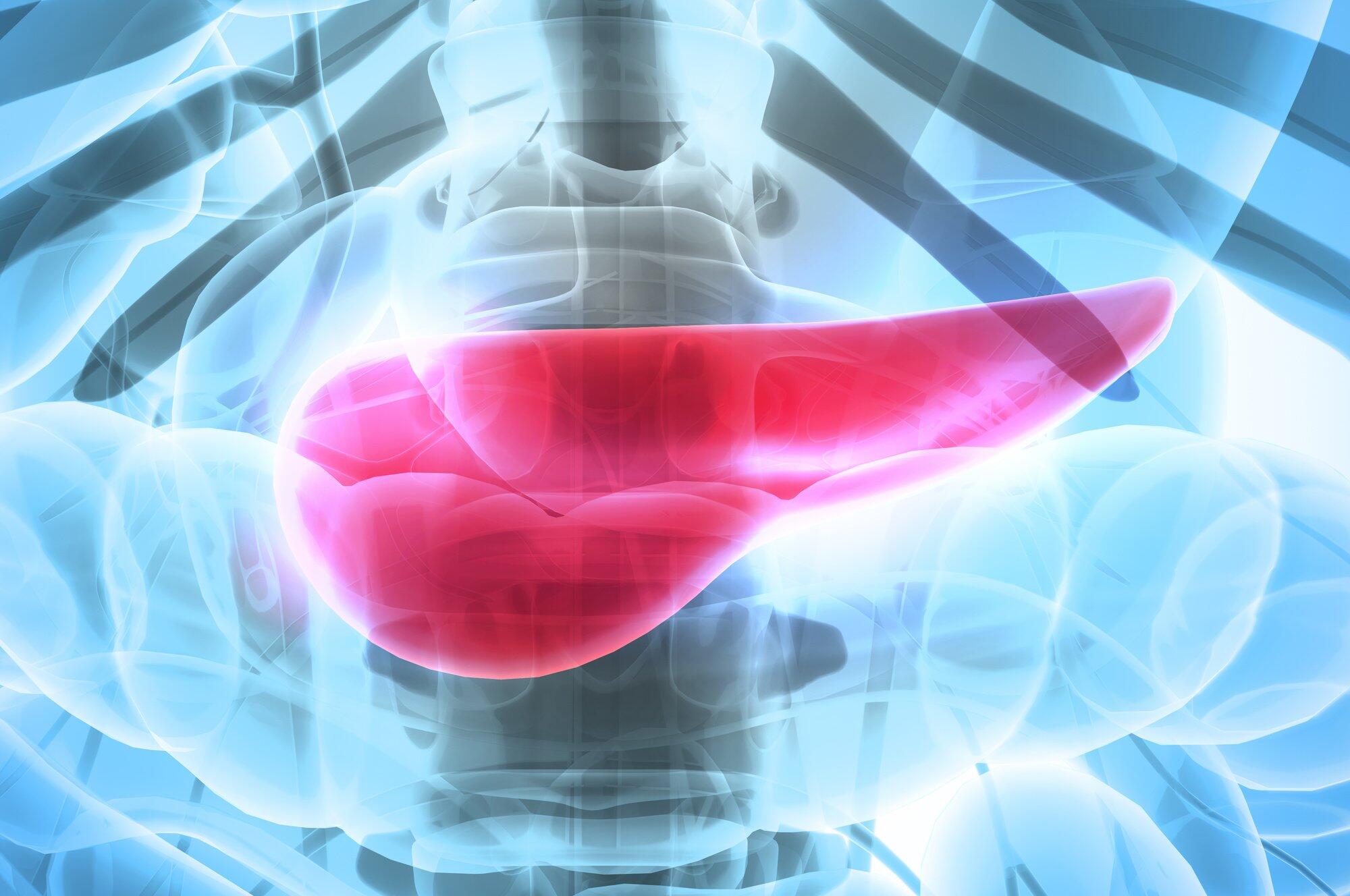
Blood Sugar Management: How to Stimulate Your Pancreas to Promote Insulin Secretion

Over 38 million Americans have diabetes. Many more have prediabetes or struggle to keep their blood sugar levels in a healthy range.
You need to take action if your blood sugar is always up and down like a rollercoaster.
The good news? There are proven ways to stimulate your pancreas to produce more insulin naturally. When you know how to promote healthy insulin secretion, you can finally get off that blood sugar rollercoaster and enjoy stable energy levels and health.
Read on to learn simple yet powerful steps for improving insulin secretion and blood sugar control.
Understanding the Pancreas: More Than Just an Organ
The pancreas is a gland behind your stomach that contains clusters of cells called islets. These pancreatic islets contain alpha cells that make glucagon and beta cells that make insulin.
Glucagon raises blood sugar levels. Insulin lowers blood sugar levels. They work together to keep your blood glucose balanced.
The insulin hormone allows cells to use glucose from your blood for energy. Without enough insulin, glucose builds up in your bloodstream, causing high blood sugar symptoms like fatigue, blurry vision, excessive thirst, and frequent urination.
In type 1 diabetes, the pancreas makes little or no insulin because beta cells destroy it.
In type 2 diabetes, beta cells still function, but the body becomes resistant to the insulin they produce.
Either way, blood sugar rises without enough insulin to move glucose into your cells.
When your blood sugar is too high, you may experience fatigue, increased thirst and urination, blurred vision, slow healing cuts or bruises, and tingling hands or feet.
Over time, consistently elevated blood sugar can damage nerves, blood vessels, and organs.
The good news? You can take charge of your blood sugar by adopting lifestyle habits and medications that stimulate your pancreas to secrete more insulin.
Exercise Improves Insulin
Regular exercise is one of the most effective ways to promote insulin secretion and improve insulin sensitivity. Many exercises help, including cardio, strength, flexibility, and high-intensity interval training (HIIT).
Aim for 150 minutes of moderate exercise per week, like brisk walking. Start low and go slow if you have limited mobility.
Chair yoga, swimming, or arm exercises while seated provide benefits. The key is staying active each day.
When you exercise, your muscles use glucose for fuel. This decreases glucose levels in your bloodstream. Your pancreas then reduces insulin production. With regular exercise, your pancreas learns to secrete adequate insulin again.
Healthy Diet: Food as Medicine
Your diet has a powerful impact on insulin secretion and blood sugar levels. Choose foods that are slow to digest and raise blood sugar a little at a time. They allow your pancreas to produce insulin at a healthier pace.
Stabilizing Foods
- High-fiber whole grains foods like oats, quinoa, brown rice
- Non-starchy vegetables
- Lean proteins like fish, skinless poultry, beans, lentils
- Nuts and seeds
- Whole fruits like apples, pears, berries
Avoid Very Sweet or Starchy Foods
- Sugary desserts, sodas, juices
- White bread, white rice, pasta
- Starchy vegetables like potatoes, corn
- Processed snack foods
Control Portion Sizes
Watch portion sizes of all foods, even healthy foods. Eat small, frequent meals every three to four hours. Stay hydrated by drinking water or unsweetened tea throughout the day.
Limit Alcohol Consumption
Limit alcohol since it stresses the pancreas. If you do drink, have one or fewer drinks per day as a woman and two or fewer as a man.
Even moderate alcohol intake can hinder insulin secretion, so aim to have several alcohol-free days each week to give your pancreas a break. Planning ahead and pacing yourself can help limit alcohol consumption.
Weight Management: Insulin Loves Lean
Excess body fat, especially around the abdomen, strains your pancreas and causes insulin resistance. Losing 7-10% of your body weight can significantly improve insulin secretion and sensitivity.
Reduce Calories
Follow a reduced-calorie meal plan with non-starchy vegetables such as leafy greens, broccoli, tomatoes, etc, making up half your plate. Limit carbohydrates to complex, fiber-rich sources.
Exercise
Increase your physical activity with a mix of cardiovascular exercise and strength training. Aim for 150-300 minutes of moderate exercise per week. Combining diet and exercise is most effective for weight loss and blood sugar management.
Get Support
Enlist the help of a registered dietitian and certified diabetes educator to create an individualized weight loss plan. They can advise you on portion sizes, meal planning, reading nutrition labels, etc.
Join a weight loss support group for accountability and encouragement. Share struggles and celebrate victories together.
Rest Well
Get 7-9 hours of sleep per night. Adequate sleep helps regulate insulin and hunger hormones.
You should also aim for ideal HDL cholesterol (“good” cholesterol) and triglyceride levels for optimal insulin function. Your doctor may prescribe medications or supplements to help lower triglycerides and raise HDL as needed.
Losing excess weight and keeping it off requires commitment, but the benefits for your health are immense. You’ve got this!
Insulin Medications
Certain medications can help your pancreas make more insulin if lifestyle changes aren’t enough. Here are some options to talk about with your doctor:
Sulfonylureas
Sulfonylureas make your pancreas release more insulin. Examples are glipizide and glyburide. These medications help open up channels in pancreas cells to allow insulin to come out.
Meglitinides
Meglitinides also help insulin come out of pancreas cells. They work faster but for a shorter time than sulfonylureas. Examples are repaglinide and nateglinide.
GLP-1 Receptor Agonists
GLP-1 drugs help your pancreas produce more insulin when blood sugar is high. Exenatide and liraglutide are examples. They activate receptors that trigger insulin release.
Improve Insulin Secretion
Consistency in personal habits, exercise, and nutrition are key to improving insulin secretion.
With regular exercise, a balanced diet, healthy weight, and medications, you can stimulate your pancreas to do what it’s meant to do – secrete adequate insulin for stable blood sugar all day. No more rollercoaster rides!
You deserve to feel your best. Contact KiwiDrug today for a free consultation about medications that can optimize insulin secretion and blood sugar control. Their compassionate, expert medical team is ready to help you seize control of your health.
Related Posts

